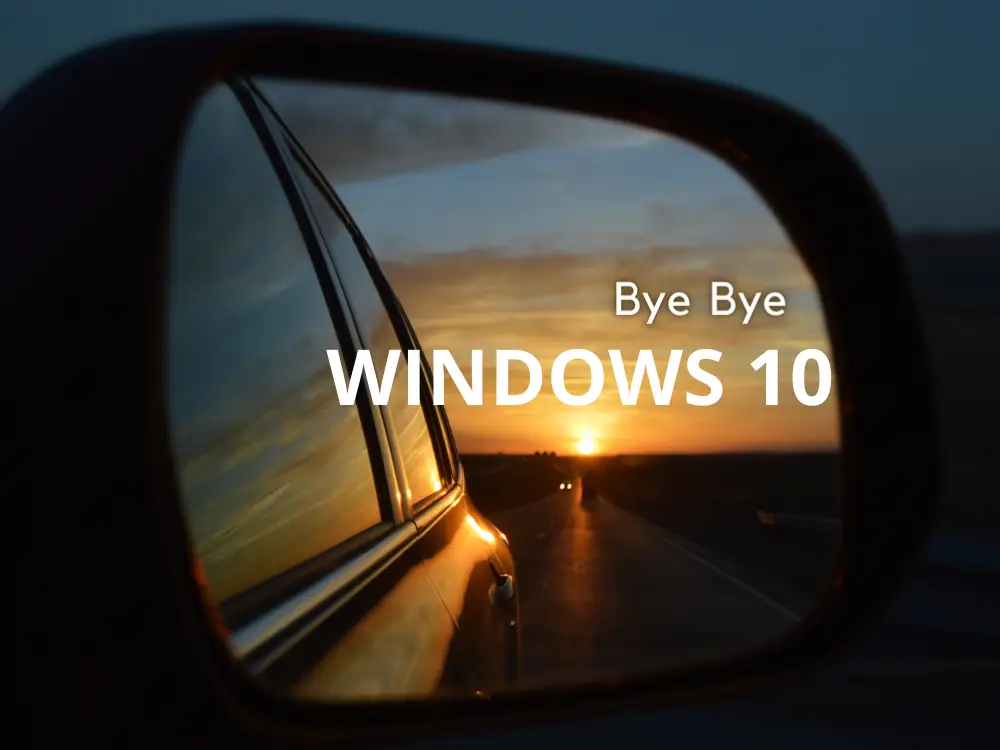End of life of Windows 10: a major challenge against electronic waste
Hello, eco-warriors and technology enthusiasts! 🌍💻 As we prepare for the end of life (EOL) of Windows 10, a crucial issue is emerging that we need to discuss. It’s about our computers and what will happen when we have to replace them. The EOL of an operating system like Windows 10 doesn’t just mean a marathon of updates; it could also lead to an increase in e-waste. Let’s find out what it means and how we can tackle the problem at its root.
What does end of life mean for Windows 10?
First of all, the “end of life” of software like Windows 10 means that Microsoft will stop providing updates, including those critical security patches that keep viruses and spyware at bay. Scheduled for October 14, 2025, this event might seem like a distant concern, but it’s something that could have a major impact on many users. Mine for sure.
The challenge of electronic waste
When an operating system reaches EOL, many people may think, “It’s time for a new PC!” especially if older hardware struggles to meet the requirements of newer software. What happens to old computers? They are often destined to collect dust in attics or, worse, end up in landfills. Considering that millions (maybe billions) of people use Windows 10, a lot of potential waste accumulates.
How to transform a technological challenge into an ecological opportunity
Here are some tips for dealing with Windows 10 EOL without harming our planet:
Upgrade, don’t replace: Check if your current PC can handle a newer version of Windows before purchasing a new one. Often, a simple upgrade can breathe new life into your machine. Double the amount of RAM (if you have 8GB bring it to 32GB).
Replace your hard drive with a fast SSD or eMMC version.
Recycle responsibly: If you have to say goodbye to your old computer, don’t just throw it in the trash. Look for certified e-waste recycling centers that will handle disposal responsibly. We are already too full of landfills.
Make a donation: your old technology could be a treasure for others. Schools, non-profit organizations and less fortunate individuals could benefit greatly.
Buy green: When purchasing a new PC, look for brands that prioritize sustainability, both in the manufacturing process and the recyclability of their products.
Cloud computing: Consider moving to cloud-based applications, which can reduce the need for high-powered local hardware and extend the life of existing devices.
By choosing to wisely upgrade, recycle or donate old electronics, we can help reduce e-waste and make a positive impact on our environment.
So, next time you look at the update pop-up or look at a brand new PC, remember: your choices have power. Let’s respect the planet! 🌱💾
